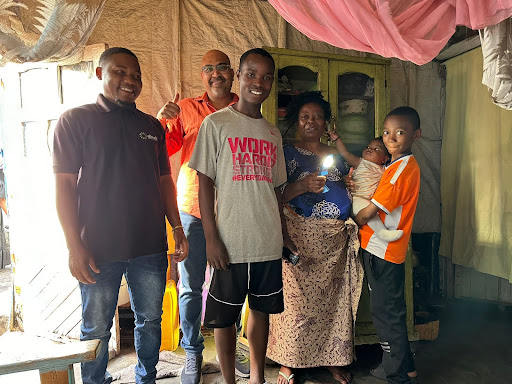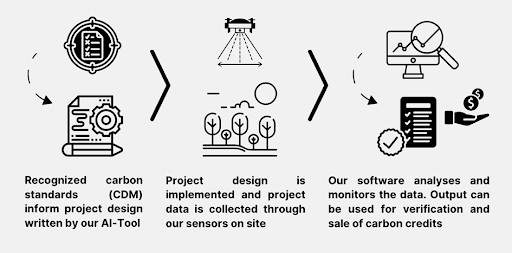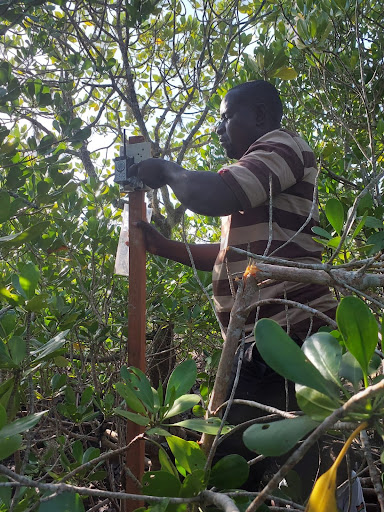The increase in significant amounts of CO2, methane (CH4), and other GHGs, traps heat in the atmosphere and leads to increasing global temperatures. The consequences include rising sea levels, severe weather events, and ecosystem disruptions which all have global economic impacts. To tackle this challenge, it is essential to reduce greenhouse gas emissions and transition towards sustainable living.
Carbon trading, also known as emissions trading, is a market-based system designed to reduce greenhouse gas emissions. It involves the buying and selling of credits that permit a company or other entity to emit a certain amount of carbon dioxide or other greenhouse gases. Carbon credits and carbon trade are authorised by governments with the goal of gradually reducing overall carbon emissions and mitigating their contribution to climate change.
The concept is based on cap-and-trade regulations, where a limit (cap) is set on the total amount of greenhouse gases that can be emitted by all participating entities. Companies that reduce their emissions below their allocated amount can sell their excess allowances to others that exceed their limits. This creates a financial incentive for companies to invest in cleaner technologies and reduce their emissions over time.
Beyond compliance markets, there is also the voluntary carbon market (VCM). This market allows companies, governments, non-profit organisations, and individuals to voluntarily offset their emissions by purchasing carbon credits. These credits are typically generated through projects that reduce, avoid, or remove GHGs from the atmosphere, such as reforestation, renewable energy, or energy efficiency projects. The VCM offers entities a way to proactively pursue their climate goals, even without regulatory mandates. Verified Emission Reductions, the credits traded on the VCM, adhere to rigorous standards to ensure their validity and environmental impact. This market not only supports a diverse range of environmental projects but also drives innovation in sustainability practices.
EcoNetix is a global asset manager of high-integrity carbon projects. It uses a digital measurement, reporting, and verification process (dMRV) to digitize carbon projects, monitor and track CO2 bringing trust and transparency to the carbon market.




